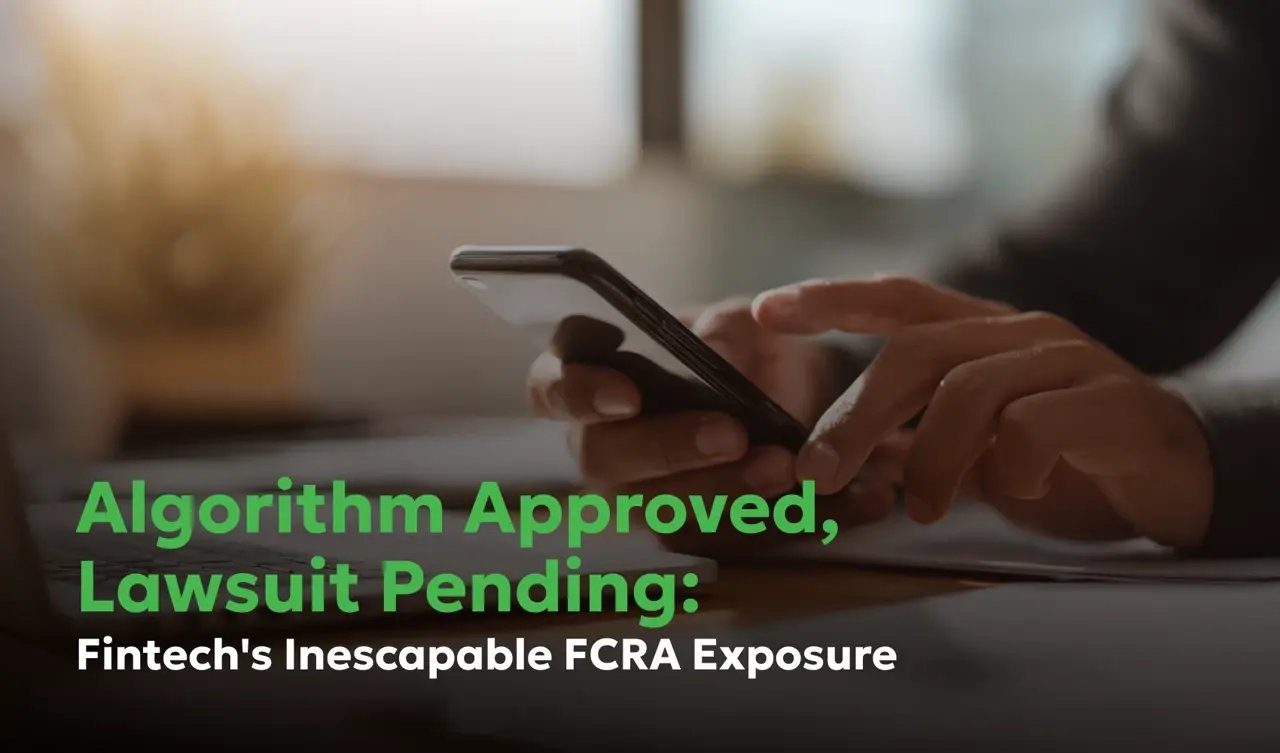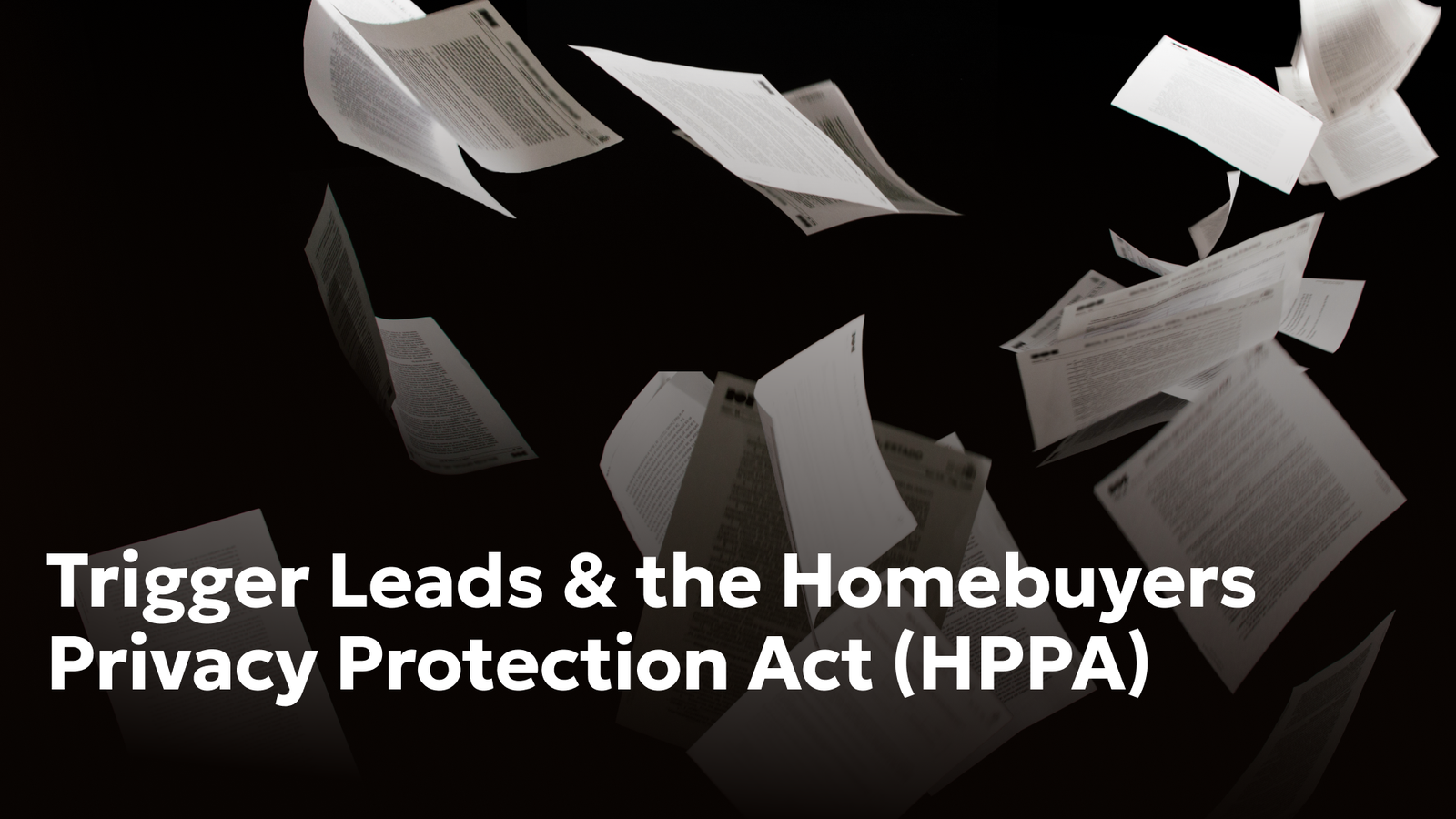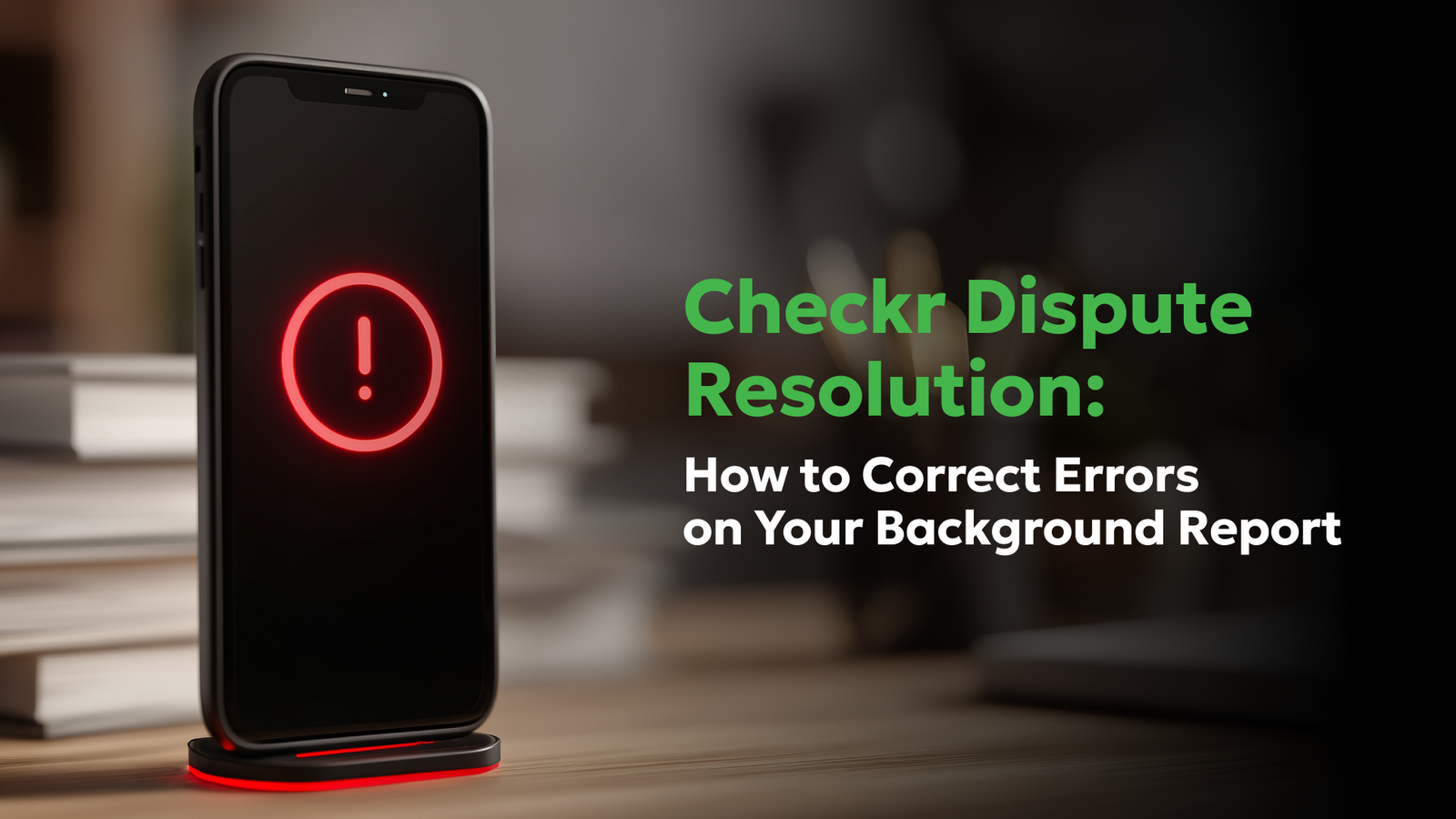What do you do if you’re a victim of fraud? How do you protect yourself in the future?
- Blog
- All about FCRA
What do you do if you’re a victim of fraud? How do you protect yourself in the future?

4 steps you should take immediately
As a fraud victim, you have several steps you can take right away to begin fixing the problem.
New research has shown that the FTC received 2.2 million fraud reports from consumers in 2020. Clearly, fraud is a serious problem right now. The challenge is that most people don’t bother to learn about fraud until they fall victim to it.
This post details what you can do if you’ve become a victim of fraud, as well as what you can do to avoid falling victim a second time - or at all.
Steps to take immediately
1. Find out the type of fraud
Identifying the type of fraud is the first step if you ever fall victim. This is because it determines your subsequent course of action and which laws are applicable to your situation.
According to the FBI, there are 33 types of common fraud. They include credit card fraud, health care fraud, identity theft, investment fraud, prime bank note fraud, reverse mortgage scams, bond fraud, etc.
To pinpoint the specific kind of fraud you’re facing, you have to know whether the crime is internet-based as well as how the fraudulent transaction was processed. You also need details on the financial accounts accessed and the amount of money stolen, if any. It also helps to get an idea of the geographic location of the crime.
Gathering this information will help you figure out where to start.
2. Block all compromised channels
The second step after an incident of fraud is to block all compromised channels. If they’re still accessible, there’s nothing to stop the perpetrators from having another go at it.
For instance, if it was a credit card fraud, it’s imperative that the compromised credit card be immediately destroyed, invalidated, and a new one created and issued in its place. You may even need to change security details such as your PIN, passwords, and the like.
Sometimes, identity thieves may open brand new accounts in your name. In this instance, close all such accounts as you discover them. You can take it a step further by erasing all “strange” charges from your accounts. This is necessary in correcting your credit report.
Typically, the relevant financial institution will have its own steps for dealing with compromised channels. They should be quick to put the steps in motion.
3. Round up your evidence
If you claim to have been a victim of fraud, you must have the evidence to prove it. This is because of two reasons: 1) Proof is necessary in the event of a court case; and 2) evidence is necessary to substantiate the allegation when complaining to the relevant financial institution.
You need to show that you are actually the victim you claim to be, and not involved in the crime.
Some pieces of evidence that you need to prove that you’ve been a victim of fraud include:
- Documentation of transactions related to the fraudulent activity
- All written or electronic messages to and from the perpetrator
- Documentation of actions you’ve taken since the crime such as correspondence, reports, affidavits, etc.
4. Report to relevant authorities
Fraudulent activities thrive in darkness. Identifying and, more importantly, reporting them is crucial to recovery. When reporting fraudulent activity, there are numerous institutions that victims should notify. These institutions can aid the investigation process.
Some entities you should contact include:
- The relevant financial institution
- AARP Fraud Watch Network
- Consumer Financial Protection Bureau
- Local law enforcement agencies such as your state’s Attorney General’s office, the FBI, and the FBI Internet Crime Complaint Center
- The Better Business Bureau
- The national credit bureaus: Equifax, Experian, and TransUnion
- The Federal Trade Commission.
How to protect yourself in the future
Whether you’ve been a victim of fraud before or not, one thing is certain: It’s not something anyone wants to experience. Thankfully, there are some steps you can take to avoid falling victim to fraud. Let’s discuss them.
1. Don’t release your confidential information recklessly
Your confidential information such as your Social Security number, bank details, passwords, and the rest are jewels of inestimable value to perpetrators. You must handle this information with care.
Typically, agencies and other institutions won’t call you out of the blue asking for such details. Many of them already have that information or require you to provide it in person, at their physical office. Any messages or calls demanding such details should immediately send up red flags.
You would do well to burn or shred any document containing those details when you’re done with it. Never simply throw such documents in the recycle bin. Identity theft happens in various ways, and dumpster diving is one of them.
2. Be mindful of coercive tactics
It’s the nature of malicious entities to compel their prospective victims to take specific action quickly, like making a payment or providing some important information. This is to make sure the potential victim doesn’t have time to ask questions and discover the hoax.
Authentic businesses and government agencies typically provide a reasonable time frame within which action should be taken. If you’re being pressed, pump the brakes and ask questions.
3. Watch out for odd payment methods
The goal of fraudsters is always to vanish into thin air once they hit the home run, so be mindful of payment methods that don’t leave much of a paper trail. Once requests for payment via gift cards and money transfer services come into the picture, step all the way back!
4. Always talk to a trustworthy, knowledgeable person
You’re never too smart to fall victim when it comes to fraud. However, there are almost always telltale signs that are red flags. Whenever a situation starts looking fishy, ask around. Good places to make inquiries are your financial institution and the local police station.
Contact the agency it looks like a message came from via its official channels. A simple search on the internet will give you this information. Don’t rely on the contact details provided in the suspect message.
5. Use fraud alerts and credit freezes
Fraud alerts and credit freezes are ways to protect your credit. Fraud alerts make it tough for identity thieves to open credit accounts in your name. This is because a business must verify the opener’s identity before issuing the new credit in your name.
A credit freeze makes it impossible for anyone, including you, to open a new credit account while it’s in place. To open a new credit account, you’d have to temporarily lift the freeze. This way, you won’t have surprise credit accounts popping up in your name.
If you ever find yourself having to deal with fraud, don’t flounder trying to sort it out all alone. Reach out to Consumer Attorneys. We’re happy to help.


Daniel Cohen is the Founder of Consumer Attorneys. Daniel manages the firm’s branding, marketing, client intake and business development efforts. Since 2017, he is a member of the National Association of Consumer Advocates and the National Consumer Law Center. Mr. Cohen is a nationally-recognized practitioner of consumer protection law. He has a we... Read more
Related Articles




R
ONGS™You pay nothing. The law makes them pay.







